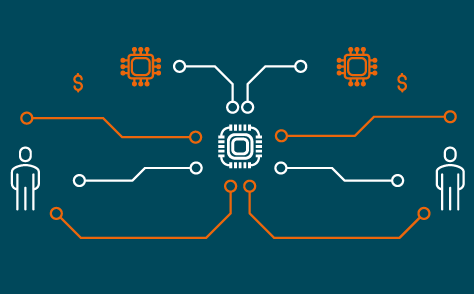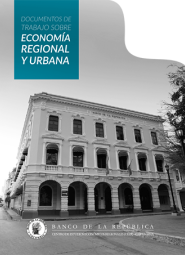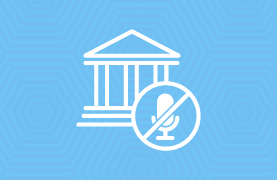Are Young People's Educational Outcomes Linked to their Sense of Control?
The series Working Papers on Economics is published by the Office for Economic Studies at the Banco de la República (Central Bank of Colombia). The works published are provisional, and their authors are fully responsible for the opinions expressed in them, as well as for possible mistakes. The opinions expressed herein are those of the authors and do not necessarily reflect the views of Banco de la República or its Board of Directors.
This paper analyzes the link between young people's sense (locus) of control over their lives and their investments in education. We find that young people with a more internal locus of control have a higher probability of finishing secondary school and, conditional on completion, meeting the requirements to obtain a university entrance rank. Moreover, those with an internal locus of control who obtain a university entrance rank achieve somewhat higher rankings than do their peers who have a more external locus of control. Not surprisingly, there is a negative relationship between growing up in disadvantage and educational outcomes. However, this effect does not appear to operate indirectly by increasing the likelihood of having a more external locus of control. In particular, we find no significant relationship between family welfare history and young people's locus of control.
Our data come from the Youth in Focus Project which is jointly funded by the Australian Government Department of Education, Employment and Workplace Relations, the Australian Government Department of Families, Housing, Community Services and Indigenous Affairs, Centrelink and the Australian Research Council (Grant Number LP0347164) and is carried out by the Australian National University. The findings and views reported in this paper, however, are those of the authors and should not be attributed to either of the previous institutions, the Banco de la República (Central Bank of Colombia) or its Board of Directors. The findings and views reported in this paper, however, are those of the authors and should not be attributed to either of the previous institutions, the Banco de la República (Central Bank of Colombia) or its Board of Directors.

















































